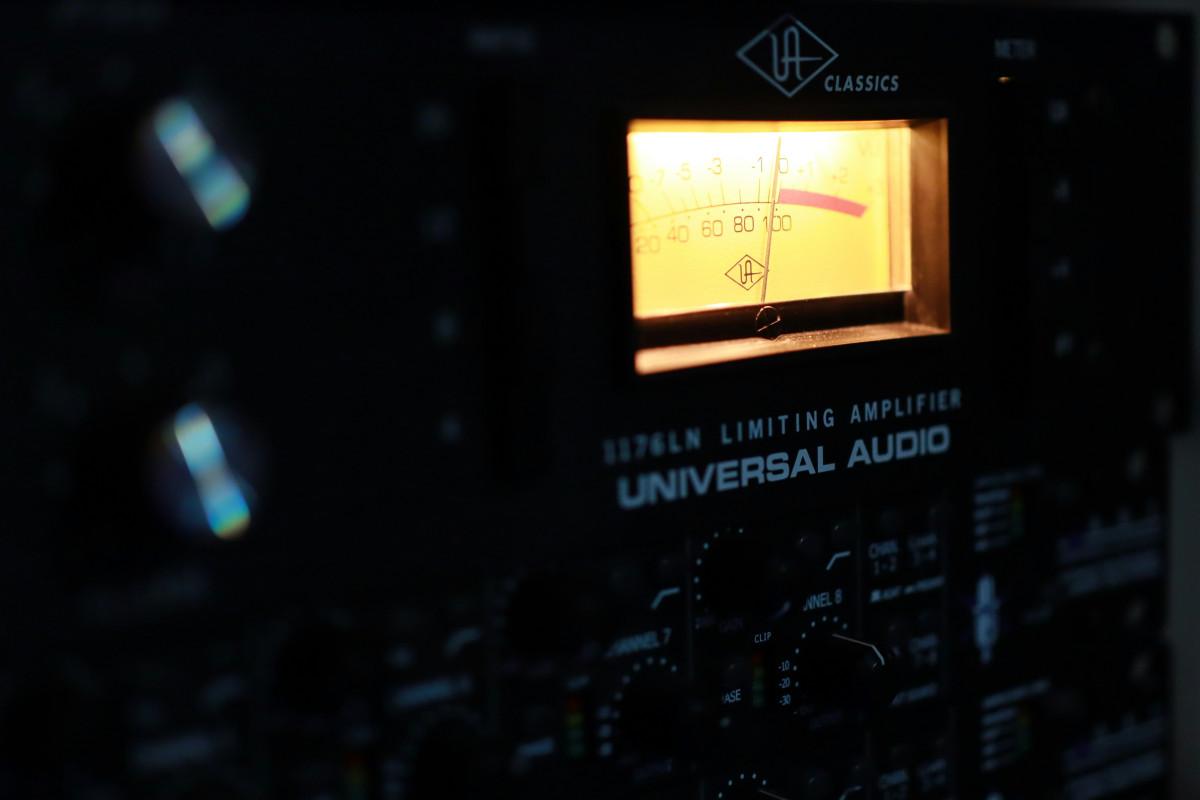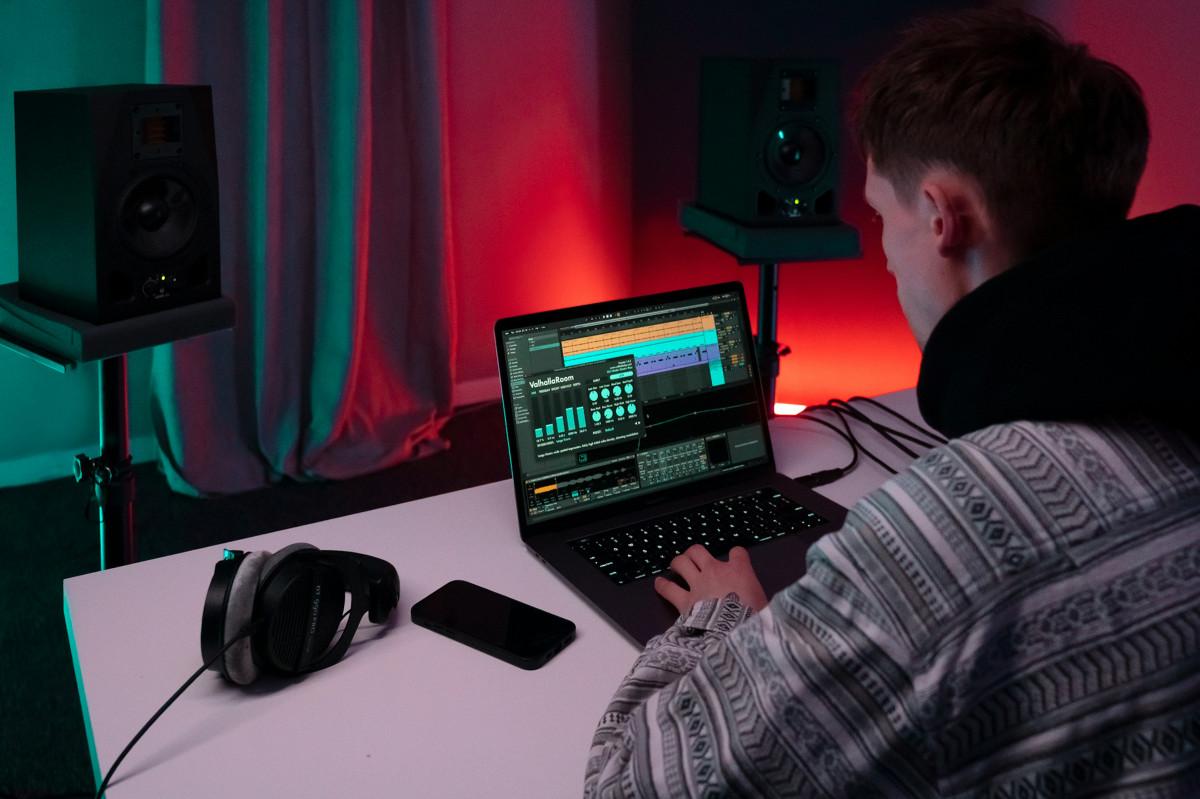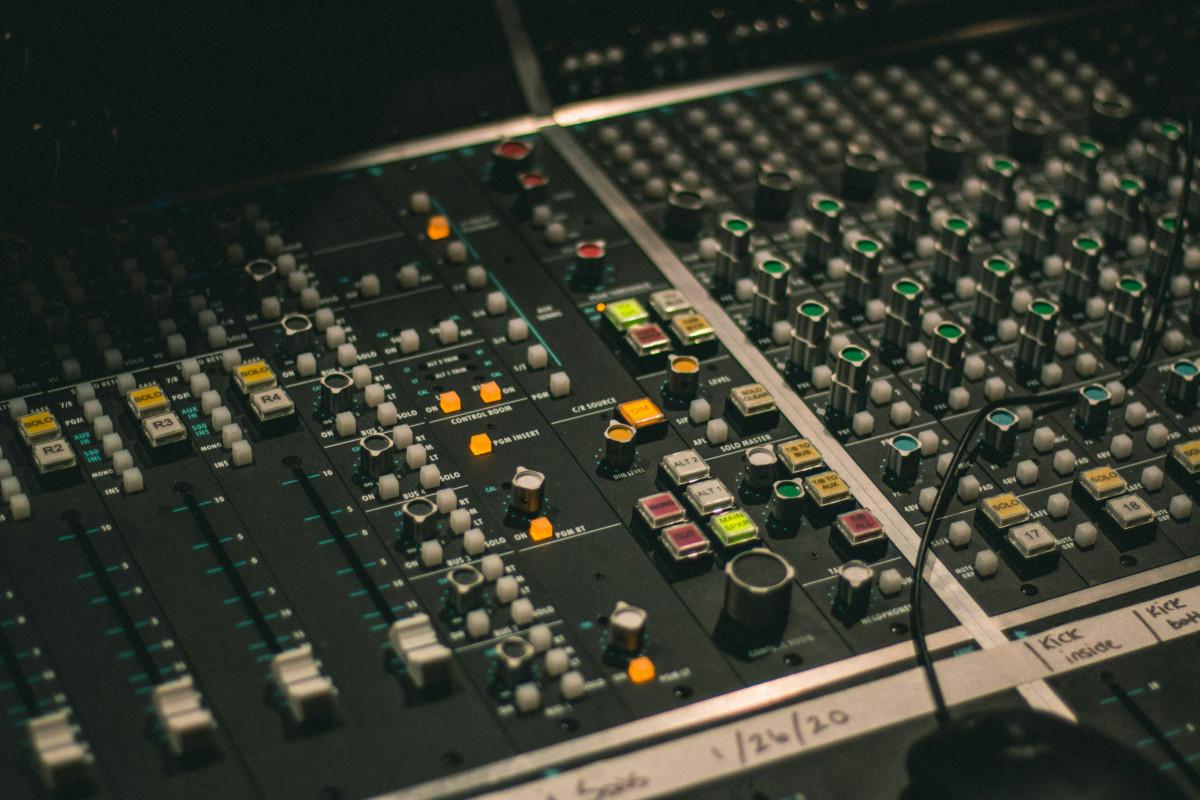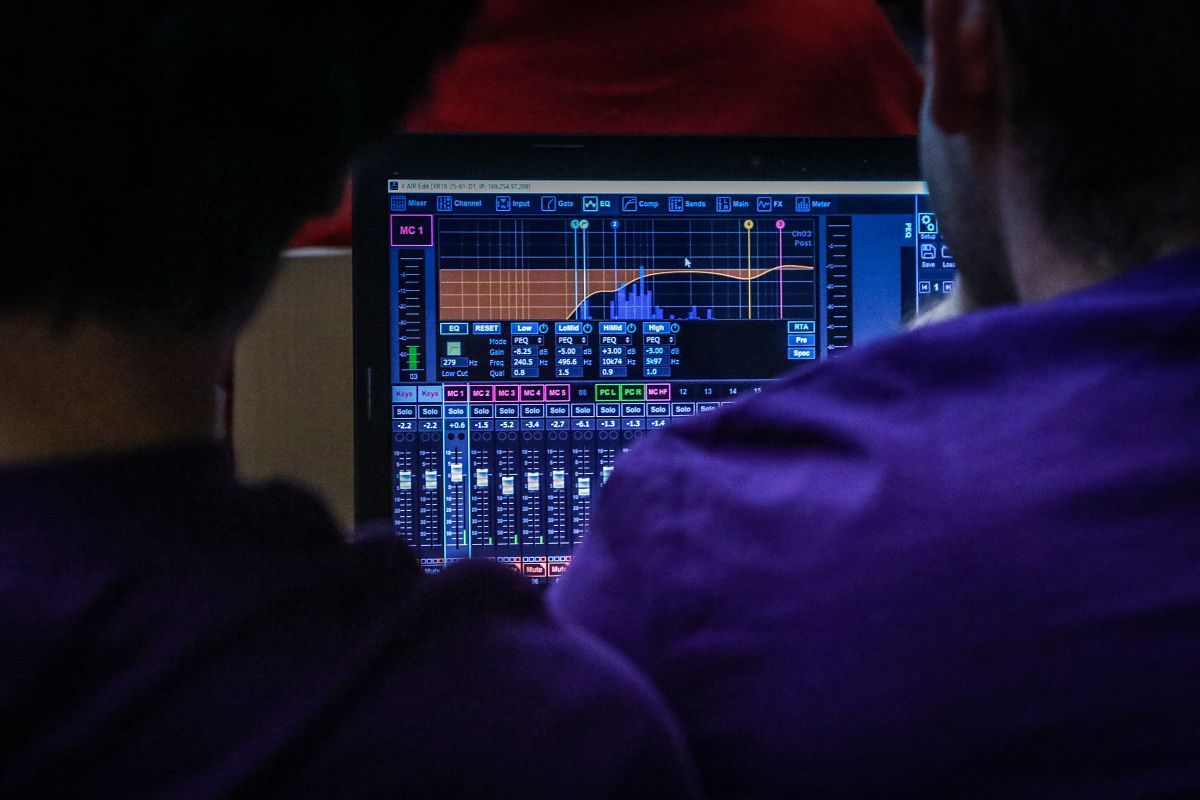Mixing and mastering are two crucial stages in the production of any music track, yet many people often confuse or conflate the roles of these processes. Some even believe that by simply mastering a roughly mixed track, they can achieve commercial-quality results. In this essay, we will delve into the differences between mixing and mastering, and elucidate the specific tasks performed during each stage in the music production process.

Mixing
Mixing and mastering are distinct phases in the audio production workflow, each serving a unique purpose in enhancing the sonic quality and cohesiveness of a musical composition. Mixing involves the manipulation and blending of individual audio tracks or stems to achieve a balanced and cohesive sound. It is the stage where elements such as volume levels, panning, equalization, dynamics processing, effects, and spatialization are meticulously adjusted to create a harmonious sonic landscape. The primary objective of mixing is to ensure that each element of the music contributes effectively to the overall sonic image without overpowering or conflicting with other elements.

During the mixing process, audio engineers or producers employ various tools and techniques to shape the sound of individual tracks and sculpt the overall sonic character of the music. This may involve tasks such as adjusting the levels of individual instruments or vocals to achieve clarity and balance, applying equalization to enhance tonal balance and remove unwanted frequencies, implementing dynamic processing (compression, limiting, etc.) to control the dynamic range and add punch or depth, as well as integrating effects such as reverb, delay, and modulation to create spatial depth and texture.
Mastering
In contrast, mastering is the final stage of audio post-production, where the mixed track or album is prepared for distribution across different formats and platforms. While mixing focuses on the manipulation of individual tracks, mastering deals with the optimization and enhancement of the overall sonic characteristics of the entire mix. The mastering engineer's role is to ensure that the music translates well across various playback systems and maintains consistency and coherence in terms of tonal balance, dynamic range, and loudness levels.
During mastering, the engineer applies a series of corrective and creative processes to refine the sound of the mix and prepare it for commercial release. This may include tasks such as finalizing the overall tonal balance through equalization, adjusting stereo width and depth to enhance spatial imaging, applying multiband compression or limiting to control dynamic range and ensure consistent levels across tracks, as well as adding final touches such as fades, sequencing, and metadata embedding for distribution.

It is essential to recognize that while both mixing and mastering involve audio processing and manipulation, they serve distinct purposes and require different skill sets and expertise. Mixing focuses on the artistic shaping of individual tracks to create a cohesive mix, whereas mastering aims to polish and optimize the final mix for distribution and playback across various platforms. Both stages are integral to achieving professional-quality results in music production, and neglecting either can compromise the overall sonic integrity and commercial viability of the music.

Understanding the differences between mixing and mastering is crucial for aspiring musicians, producers, and audio engineers. By grasping the unique roles and responsibilities of each stage in the music production process, individuals can effectively harness the power of both mixing and mastering to elevate their musical creations to new heights of sonic excellence and commercial success.



